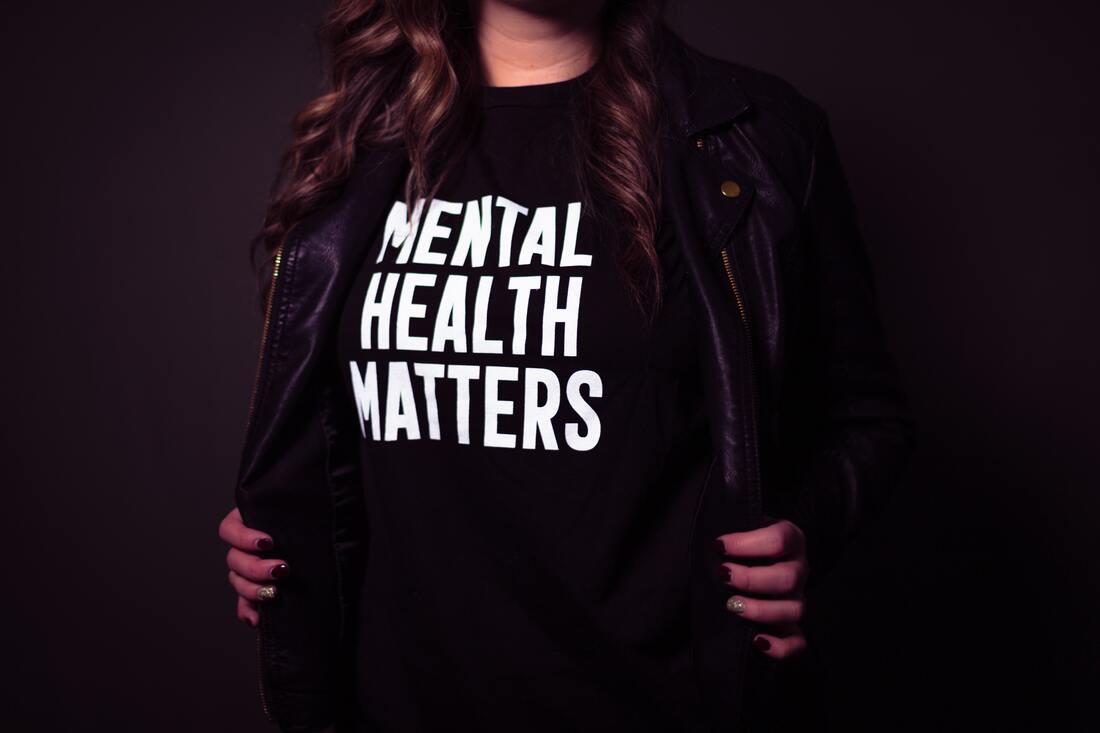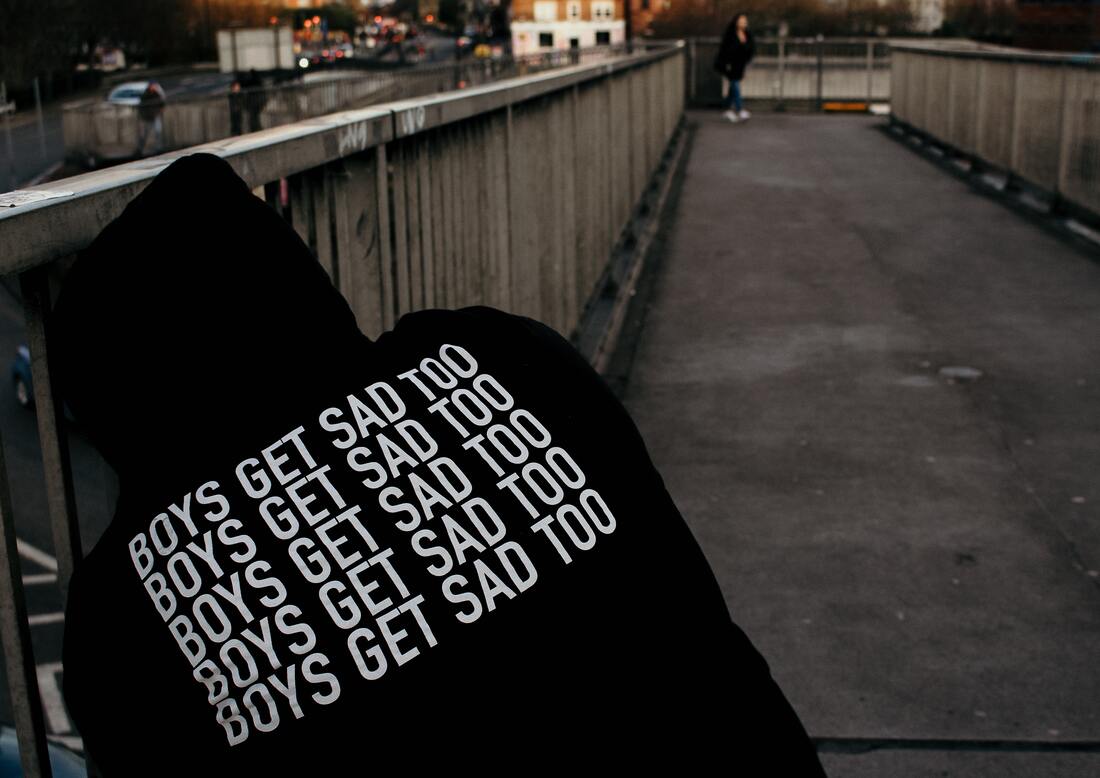|
So I realize that counselling and psychotherapy can be a very intimidating process for many, and can feel almost too scary to even consider as an option. Well I am here try to calm your nerves, hopefully answer some questions, and break things down a bit.
There are a number of different modalities or types of couples and family therapy. Here is a quick look at some common types.
Do you ever feel like you and are partner are repeating the same pattern over and over again? You or your partner says something that pushes buttons, one or both of you lose it, and then down the rabbit hole you go! The flooding of emotions during conflicts with a partner can be overwhelming and can lead to hurt feelings, regret, fear, and can even result in relationships ending.
Whether you’ve made a New Year’s Resolution to focus on your wellbeing, or simply feel like now is the right time, you may be contemplating speaking with a therapist. You might have come to this decision easily, or maybe it’s something you have contemplated for a long time. Whatever the reason, sometimes the jump from deciding to speak to someone to scheduling your first appointment can be daunting. You may ask yourself: what is the therapist going to ask me to do? How much should I share about myself? How can I trust a total stranger? What if they judge me?
Seasonal affective disorder (SAD) is a type of depression that is related to changes in seasons. SAD begins and ends at about the same times every year and, if you're like most people with SAD, your symptoms start in the fall and continue into the winter months, sapping your energy and making you feel moody.
For some the opportunity to work from home has been a glorious and welcomed change, while for others this change has been difficult and the wait to return to “normal” cannot come fast enough. While there are many work environments and workplace needs, there are some things that can help make the “new normal” more manageable.
Where possible, things to consider when working from home: Pandemic Fatigue is not just tiredness or exhaustion. It’s feeling demotivated and depleted about following recommended guidelines to protect yourself and others from the virus.
There are a number of different modalities or types of counselling and therapy. Here is information on some common types.
Men’s mental health in the workplace is a difficult and sensitive topic to address.
By: Cassandra Nordal, PR & Marketing Coordinator “Michael’s home,” my aunt yelled from the kitchen as my brother pulled into the driveway. And in that very moment, she took her last breath in my arms and drifted away peacefully.
This season of Grey's Anatomy focuses on various mental health-related issues and topics along with their biggest battle since the loss of Mc Dreamy, the Covid-19 Pandemic. Specifically, we watch Joe struggle during some flashback episodes where EMDR is used to process her complex trauma. So what exactly is EMDR?
By: Laurie Vance, MSW, RSW, Cert. Forest Guide Investing in a mentally healthy workforce is good for business!
The data tells us 1 in 5 Adults will experience a diagnosable mental illness in any given year and more than 50% of those will go untreated. Respecting and treating mental illness on par with other medical illnesses like diabetes or heart disease is the first step to improving employee quality of life, which is the foundation of an effective workplace. As a clinical counsellor, I have worked with a global Employee Assistance Provider (EAP), I know full well the harsh impact of work-related stress and in turn the physical, mental, psychological and financial damage that many people experience. By: Seija Grant, MEd CP, RP Whoooooa. Okay. Yes, there is a lot of shame going around. It seems to spread like wild fire too. So many conductors for shame and guilt that can easily lead to spiraling: feelings of being monitored by others, being judged, criticized or questioned for our actions or behaviours (perceived or actual); for feeling ‘good’ during a global crisis; for coping in a way that we need to; for not doing ‘enough’.
There are people making assumptions about others, posting things all over social media, guilting, blaming and shaming. It’s nearly impossible to avoid. By: Seija Grant, MEd CP, RP When I talk about ‘finding a good fit’ I am referring to the therapeutic relationship between client and therapist. One of the most important factors of therapeutic success is having a strong therapeutic alliance. The importance of this is significant, as you (the client) need to be able to trust the therapist enough to share some of the most vulnerable parts of yourself.
By: Laura Groulx, MSW, RSW Typically, as a parent, you want the best for your child. You want your child to both survive and thrive. The Western society we live in is individualistic, meaning that success is often viewed from an every-man-for-themselves type of perspective.
Because of this, life can feel competitive at times. For instance, perhaps at one time or another you felt that pressure to make it on that sports team, get into that school, land that perfect job, find that perfect relationship… and have that perfectly-behaved-and-over-achieving-child. THIS IS A TRAP. By: Lara Hollway, MSW,RSW Has your partner ever come to you with a problem and you offer advice, only to have them seem to get upset and/or frustrated with you? Do you find yourself getting frustrated because your partner keeps complaining about a problem but doesn’t seem to want to listen to your solutions? Or does your partner ever say things like “you never listen to me”, when you feel like you are listening and trying to help?
If so, you are not alone. This is a common theme in relationships, and a perfect example of how the best intentions do not always equate to the best results. Read on for a breakdown of this situation, and some suggestions for changing this dynamic. By: Laura Groulx, MSW, RSW I don’t have answers, only thoughts. I’m not a lawyer, but I do speak with a lot of people about relationships and family dynamics. Recently, with everything happening in the world, I’ve been wondering how co-parents are handling shared custody and access regarding children that are currently in isolation; after all, some children have more than one family.
By Seija Grant, MEd CP, RP When I talk about ‘finding a good fit’ I am referring to the therapeutic relationship between client and therapist. One of the most important factors of therapeutic success is having a strong therapeutic alliance. The importance of this is significant, as you (the client) need to be able to trust the therapist enough to share some of the most vulnerable parts of yourself. Outside of a therapy context, you probably wouldn’t go around sharing all of your most secret, private (possibly darkest) parts of yourself with just anybody, so why should it be different when it comes to therapy? As a client you have the right to try out counsellors to find one that suits you. If you don’t feel it is a good fit, don’t be afraid to ask for an appointment with a different counsellor next time (if this is an option at the agency or organization you are attending). Therapists are aware of the importance of this factor and ultimately want you to be successful and thrive in counselling…even if it isn’t with them. I personally would much rather have a client transfer to another therapist than for them to miss out on all of the benefits of counselling, just because we weren’t a good match.
There can be several reasons for a lack of ‘good fit’ between client and counsellor. Some of the factors to consider: So I realize that counselling and psychotherapy can be a very intimidating process for many, and can feel almost too scary to even consider as an option. Well I am here try to calm your nerves, hopefully answer some questions, and break things down a bit.
What type of counselling is right for me? First of all, there are a few different types of counselling and many different styles. A few of the types are: individual, couples, family and group. Individual counselling is one to one, and likely the most common type. If you want to work on getting along with others, maybe couples or family counselling is for you. The dynamics of these types are all quite different, as there are different personalities at play. The other type you might come across is group counselling, which means a group of (usually) unknown to each other individuals who all have a common thread. It is usually led by two co-counsellors. Group counselling is sometimes more accessible than individual, and can be extremely valuable. They all have their benefits, but only you can decide what is right for you at the moment. Some people may see different counsellors for different purposes at different times in their life. This makes sense if you consider that humans are complex beings with multiple dynamic relationships and are constantly changing over the lifespan. In terms of the different styles – well there are so many that I couldn’t even list them all here. However, some of the main groupings of approaches on the scene these days are: Psychodynamic, Cognitive-Behavioural, Humanistic and Neuroscience-Informed. Within these groups there are a myriad of different styles. Each therapist is unique in their own approach and will often have multiple influences within the work that they do with their clients. I know this seems like things are getting pretty complicated, BUT there is a silver lining here. There are several factors unifying counselling styles that are common across the board. Counselling is collaborative, meaning you work directly with your counsellor to achieve your goals. It is a safe-place to be yourself and to talk about your concerns, issues in your life, and your feelings regarding these events or occurrences. Also, you can speak openly and confidentially while having someone listen to you non-judgmentally. Do you know of a friend, family member or colleague that may benefit from accessing counseling but don’t know how to approach them about it? Have they told you they wanted help but just don’t feel ready yet? Here are some helpful tips on how you can help them feel ready.
According to the Mental Health Commission of Canada in any given year, 1 in 5 people will personally experience a mental health problem or illness. Mental illness affects people of all ages, education, income levels, and cultures, and all Canadians are likely to be exposed to a friend, family member or colleague experiencing mental health concerns at some point in their life. |
|
OverviewNWO’s source for all things relationships, mental health, wellness, lifestyle, and pandemic support. Kelly Magazine is a mental health outreach initiative created by Kelly Mental Health and supported by Kelly Mental Health Foundation, a non-profit organization dedicated to improving the community in the area of mental health.
|
Magazine |
Follow Us |
In support of @kellymentalhealthfndn |
© COPYRIGHT. ALL RIGHTS RESERVED. WEB DESIGN BY KMH






















